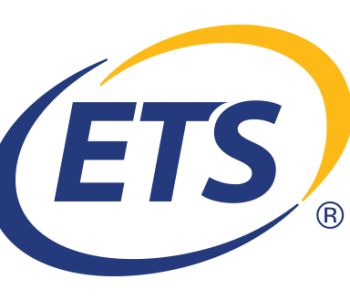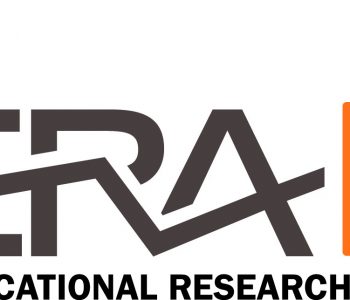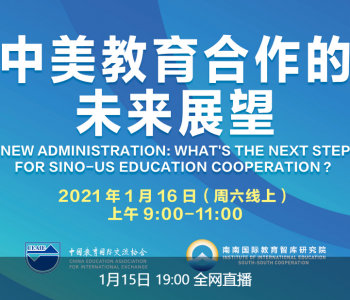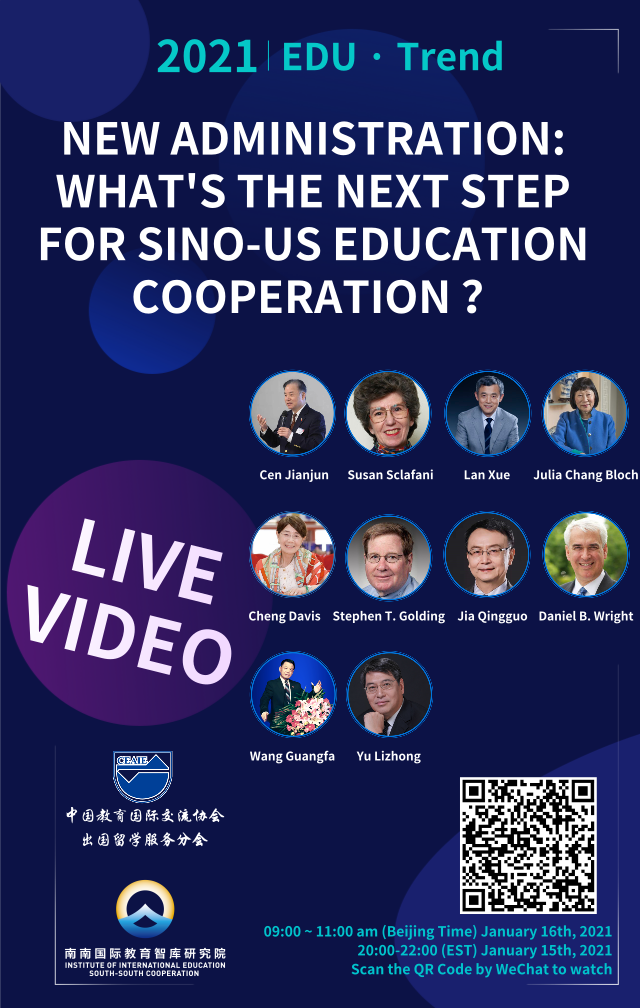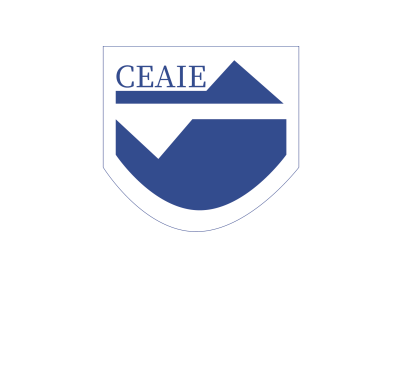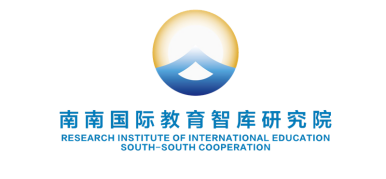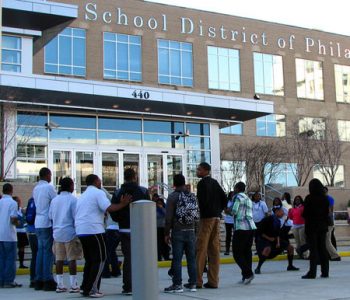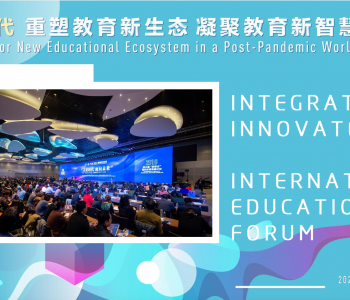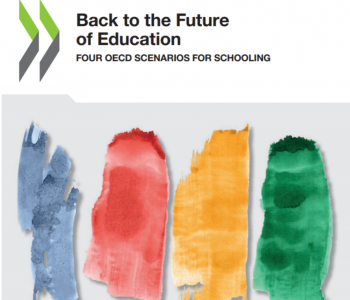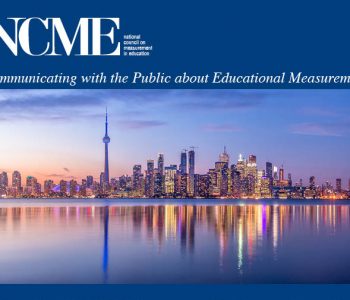 In The News
In The News
Announcement: The Chinese/English Journal of Educational Measurement and Evaluation…
The Chinese/English Journal of Educational Measurement and Evaluation | 教育测量与评估双语季刊 | 教育测量与评估双语季刊 is published in Chinese and English and is cosponsored by National Council on Measurement in Education (NCME) and Beijing Normal University (BNU). The Chinese/English Journal of Educational Measurement and Evaluation | 教育测量与评估双语季刊publishes original empirical articles which present new approaches to educational measurement and evaluation, as well as review articles which share advances in scholarship and practice between China and the assessment and evaluation communities throughout the world. All articles can be downloaded for free.
CEJEME will be co-edited by Professors Li Cai (UCLA) and Tao Xin(BNU). The journal will be published electronically, beginning in 2020, with all articles presented in both English and Chinese. The mission of the journal is to share advances in scholarship and practice between China and the assessment and evaluation communities in the US and beyond. CEJEME will:
- Give members of the Chinese assessment and evaluation communities a vehicle for disseminating their advances in scholarship and practice to members of the assessment and evaluation communities around the world; and
- Give assessment and evaluation community members outside of China a vehicle for sharing their advances in scholarship and practice with their Chinese colleagues
Link: https://www.ce-jeme.org/
《教育测量与评估双语季刊》(CEJEME)由美国教育测量协会(NCME)和北京师范大学共同承办, 并将以两种语言(中文和英文)出版。CEJEME将发表关于教育测量与评估新方法的原创性实证文章,同时发表能够促进中国与美国及其他地区教育测量和评估团体间学术和实践经验的交流的评论性文章。教育测量与评估双语季刊 | 教育测量与评估双语季刊是免费的。
